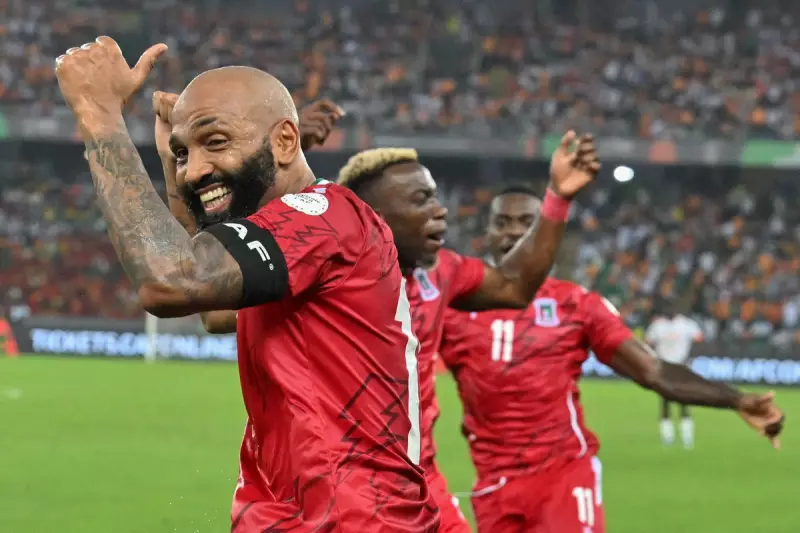
In a dramatic turn of events that has sent shockwaves through African football, Equatorial Guinea's national team has refused to take to the pitch for their crucial World Cup qualifying match against Malawi.
The players of Nzalang Nacional have taken a firm stand, staging an extraordinary strike over what they describe as "unpaid bonuses and unacceptable conditions" from the country's football federation.
Training Ground Protest
The crisis unfolded at the Martyrs of February Stadium in Malabo, where instead of preparing for their vital World Cup qualifier, the squad remained in their hotel in a powerful act of collective protest. Team officials confirmed the players were "unwilling to play" until their financial grievances were properly addressed.
This isn't the first time financial disputes have plagued Equatorial Guinean football. The national team has previously faced similar issues, casting a shadow over their recent successes in continental competitions.
World Cup Dreams in Jeopardy
The timing couldn't be more critical for the strike action. Equatorial Guinea were scheduled to face Malawi in a match that could significantly impact their chances of qualifying for the 2026 FIFA World Cup. The team currently sits third in Group H, making every point crucial in their campaign.
This protest comes on the heels of their impressive performance at the recent Africa Cup of Nations, where they exceeded expectations by reaching the knockout stages. Their current stand highlights the ongoing tension between player welfare and football administration in many African nations.
Broader Implications for African Football
The situation in Equatorial Guinea reflects a wider pattern across African football, where disputes over bonuses and conditions have frequently disrupted international competitions. Several national teams have previously taken similar action, bringing attention to the need for better governance and financial transparency in football federations.
As the standoff continues, football authorities face mounting pressure to resolve the situation quickly, not only for the sake of the current World Cup qualifying campaign but for the long-term health of the sport in the region.




